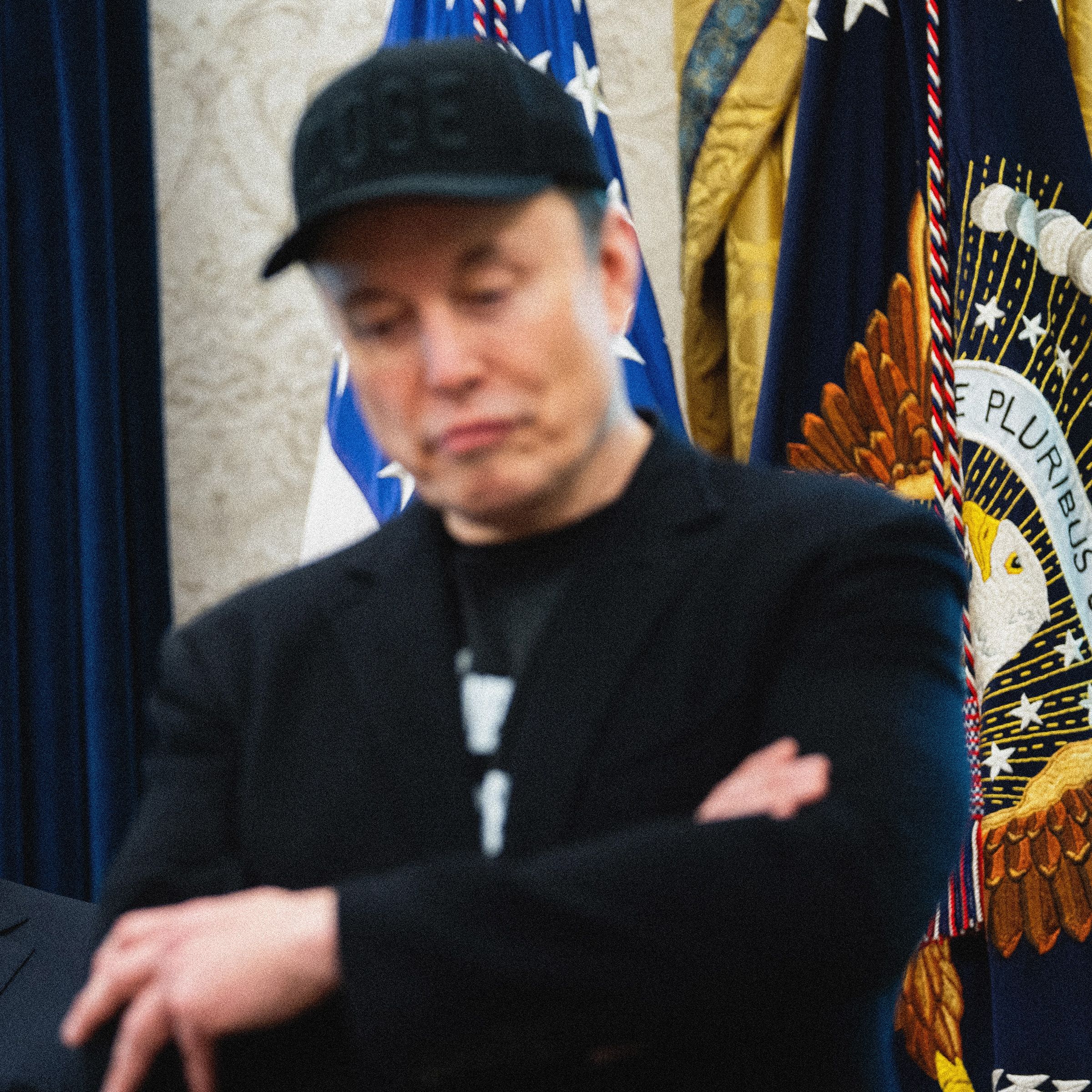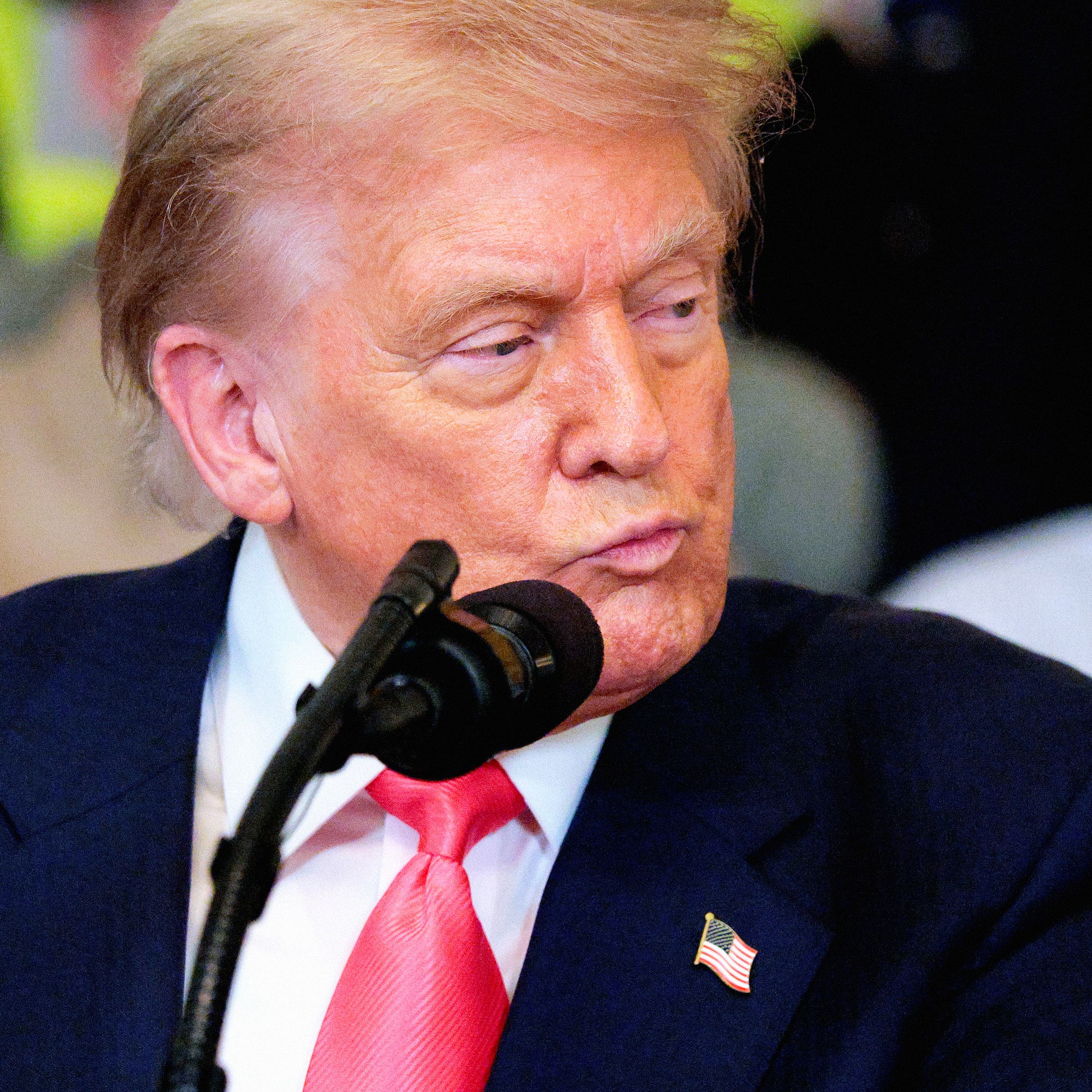Senator Blackburn Pulls Support for AI Moratorium in Trump’s ‘Big Beautiful Bill’ Amid Backlash
Senator Marsha Blackburn has decided to withdraw her support for the proposed AI moratorium included in President Trump’s latest legislative effort, dubbed the ‘Big Beautiful Bill’. The decision comes after facing intense backlash from both sides of the aisle, with critics arguing that the moratorium would stifle innovation and harm the economy.
Blackburn, who initially championed the moratorium as a way to address potential job losses and privacy concerns, has now come under fire for her abrupt reversal. In a statement released by her office, the Senator cited the need for further research and dialogue on the issue before committing to such a drastic measure.
The ‘Big Beautiful Bill’, which aims to boost infrastructure spending and promote economic growth, has been a contentious topic in Congress ever since its introduction. The inclusion of the AI moratorium was seen as a compromise to address growing fears about the impact of automation on the workforce.
However, many tech companies and industry leaders have voiced their opposition to the moratorium, warning that it could hinder technological progress and put the U.S. at a disadvantage in the global AI race. Some have also questioned the timing of Blackburn’s decision, coming just days before a crucial vote on the bill.
Despite the backlash, Blackburn remains optimistic about finding a solution that balances the need for innovation with concerns about job displacement. She has called for a bipartisan task force to study the issue and recommend policy changes that will support the growth of AI while protecting workers and consumers.
As the debate over the ‘Big Beautiful Bill’ continues, it remains to be seen how Senator Blackburn’s shift in stance will impact the overall prospects for the legislation. With the November elections looming, the fate of the bill and its implications for AI regulation remain uncertain.
In the meantime, stakeholders on all sides are expected to ramp up their efforts to influence the final outcome, with the future of AI policy in the U.S. hanging in the balance.






More Stories
The Definitive Story of Tesla Takedown
Elon Musk’s Lawyers Claim He ‘Does Not Use a Computer’
Unpacking AI Agents